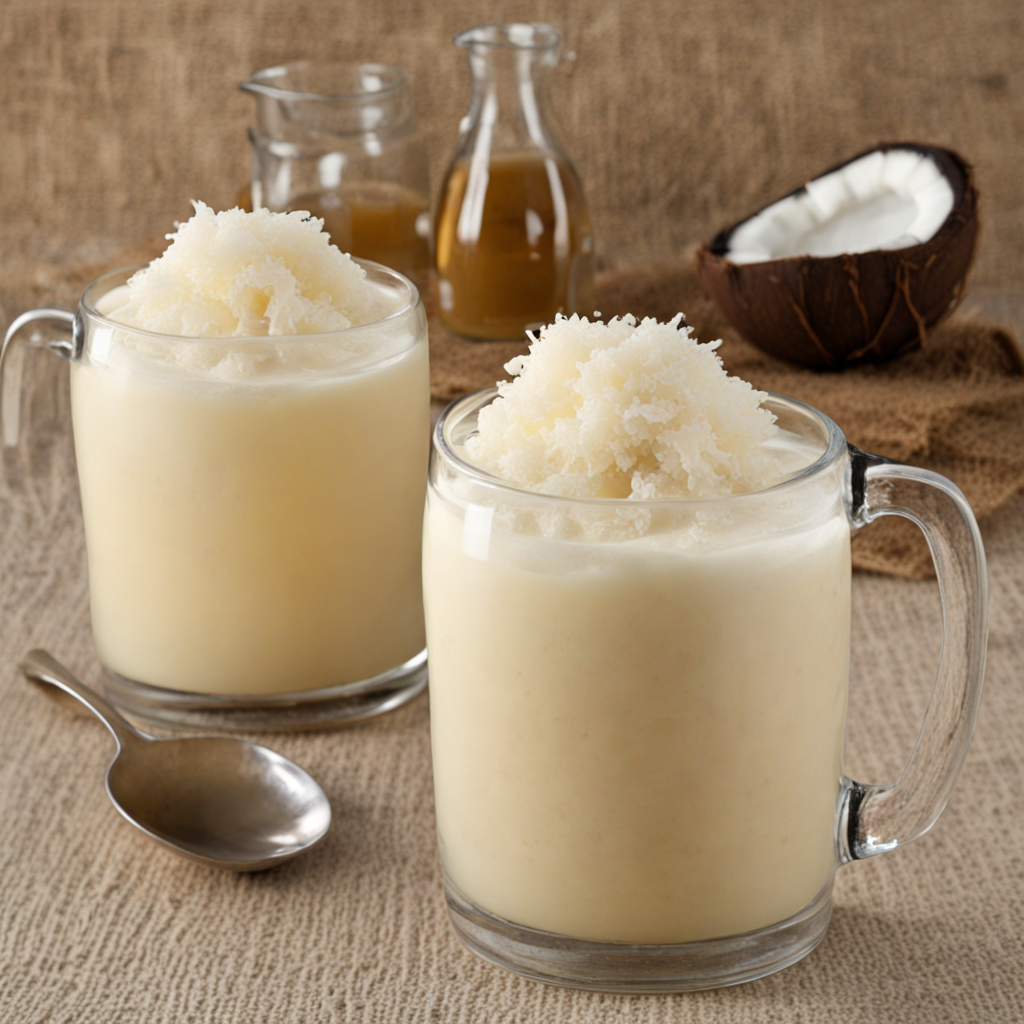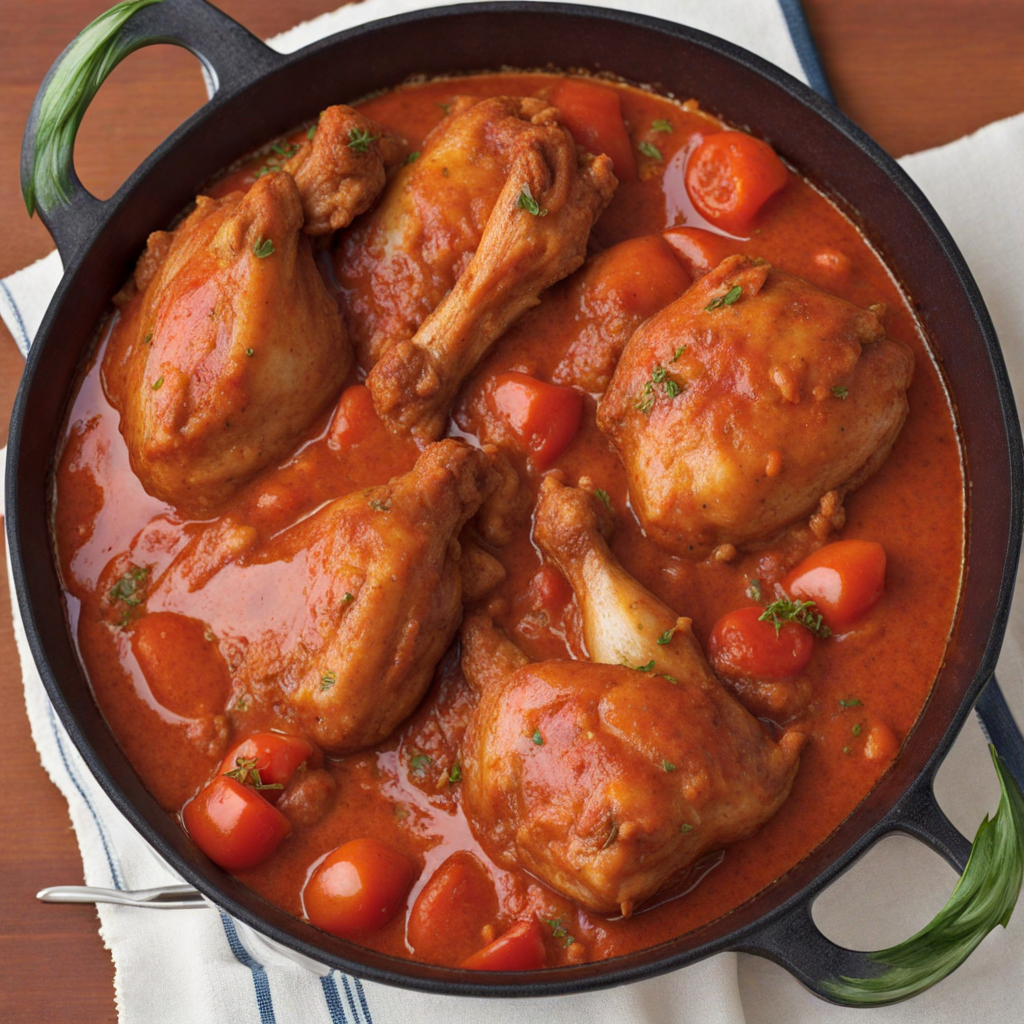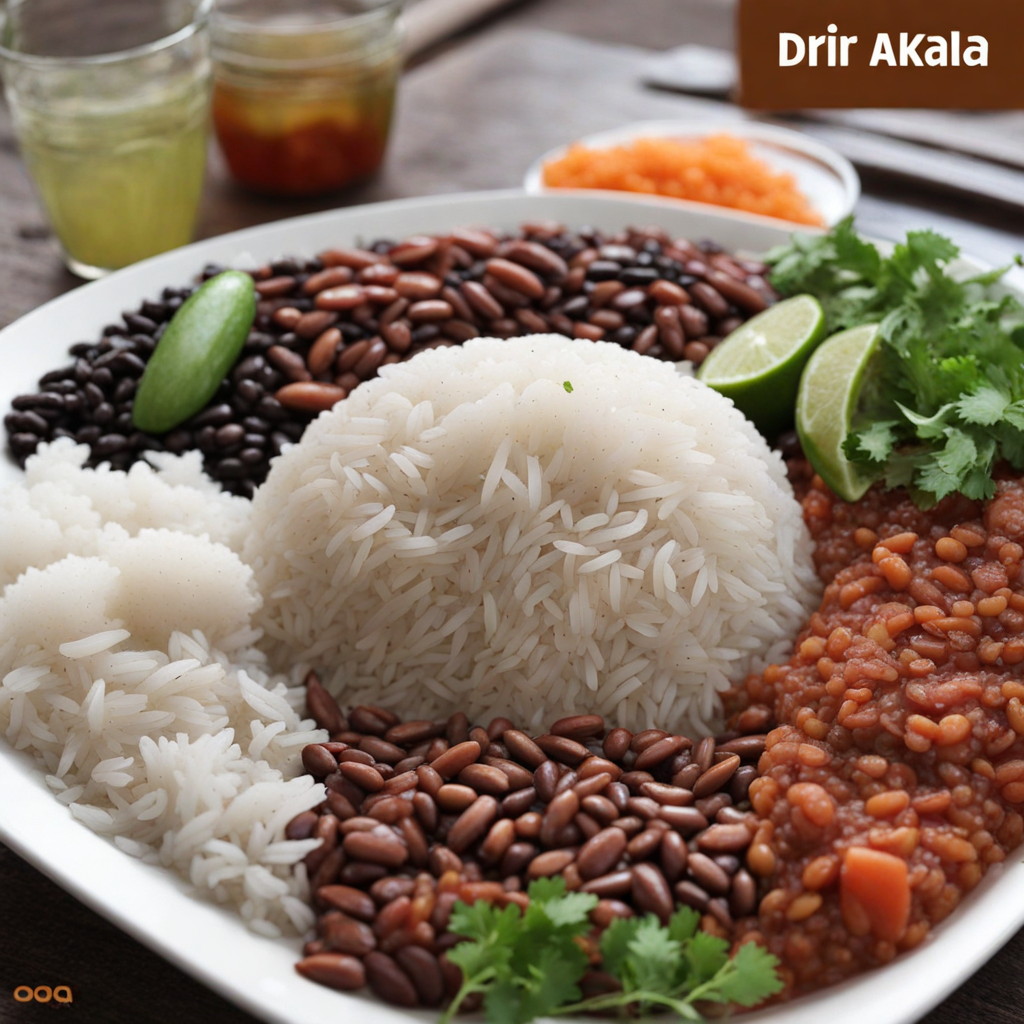Accra
Accra is a delightful Haitian snack that tantalizes the taste buds with its unique combination of flavors and textures. Made primarily from malanga, a starchy root vegetable, these fritters are mixed with various seasonings, including garlic, parsley, and chili pepper, to create a vibrant and aromatic dough. The addition of spices not only enhances the dish's flavor but also infuses it with the essence of Haitian culinary traditions, making each bite a celebration of local ingredients and culture. Once the malanga mixture is prepared, it is formed into small balls or patties and deep-fried to golden perfection. The frying process gives Accra its signature crispy exterior, while the inside remains soft and slightly chewy. This contrast in texture is one of the highlights of the dish, making it an irresistible snack or appetizer. Served hot, these fritters are often accompanied by a spicy dipping sauce, which adds an extra layer of flavor that complements the savory notes of the Accra. In addition to its delightful taste, Accra holds a special place in Haitian cuisine and social gatherings. Often enjoyed at parties, festivals, or family gatherings, these fritters are not just a treat for the palate but also a symbol of togetherness and celebration. Whether enjoyed as a street food snack or a part of a larger meal, Accra embodies the heart of Haitian cooking, inviting food lovers to explore its rich flavors and cultural significance.
How It Became This Dish
The Enigmatic Accra: A Culinary Jewel of Haiti Accra, a beloved snack from Haiti, is a perfect embodiment of the rich tapestry of Caribbean culture and history. This deep-fried fritter made primarily from grated malanga (a starchy root vegetable) and seasoned with a medley of spices and herbs, holds a significant place in the culinary landscape of Haiti. To appreciate Accra fully, one must delve into its origins, cultural significance, and evolution through time. #### Origins of Accra The roots of Accra can be traced back to the indigenous Taíno people of Hispaniola, the island that comprises modern-day Haiti and the Dominican Republic. The Taíno cultivated various root vegetables, including yuca (cassava) and malanga, which were staples of their diet. When the Spanish colonizers arrived in the late 15th century, they brought with them not only their culinary practices but also enslaved Africans, who would profoundly influence the island’s food culture. The fusion of Taíno, African, and later French culinary traditions laid the groundwork for many Haitian dishes, including Accra. The use of malanga in Accra reflects the indigenous influence, while the techniques of frying and seasoning are reminiscent of West African culinary practices. The name "Accra" itself is derived from the Akan word "akara," which refers to a similar fritter made from black-eyed peas. This etymological connection highlights the deep roots of Accra in both African and Caribbean food traditions. #### Cultural Significance Accra is not merely a food item; it is a symbol of Haitian identity and resilience. In a country that has faced numerous challenges, including colonialism, natural disasters, and political upheaval, Accra stands as a testament to the enduring spirit of the Haitian people. It is often prepared during festive occasions, family gatherings, and community celebrations, serving as a culinary reminder of Haiti’s rich cultural heritage. The fritters are typically enjoyed as a snack or appetizer, often accompanied by a spicy dipping sauce, such as Pikliz—a pickled vegetable condiment that adds a tangy heat to the dish. This combination exemplifies the Haitian approach to food, where flavors are vibrant and communal sharing is encouraged. Accra is also prevalent in street food culture, where vendors serve it hot and fresh, making it accessible to all, regardless of social status. Moreover, the preparation of Accra is often a communal activity. Families gather to grate the malanga, mix the ingredients, and fry the fritters together, reinforcing social bonds and cultural traditions. This aspect of communal cooking reflects the broader values of Haitian society, where family and community play pivotal roles in daily life. #### Development Over Time As Haiti navigated through the centuries, Accra evolved, adapting to the changing landscape of ingredients and culinary practices. In the early 20th century, the introduction of new spices and condiments, such as thyme, garlic, and peppers, added complexity to the flavor profile of Accra. Haitian cooks embraced these influences, creating regional variations that reflected local tastes and available ingredients. The 2010 earthquake was a pivotal moment for Haiti and its culinary traditions. In the aftermath, there was a resurgence of interest in traditional foods as a means of cultural preservation and national pride. Accra gained popularity both domestically and internationally during this time, as Haitians began to celebrate their heritage through food. The diaspora, particularly in the United States and Canada, played a crucial role in promoting Accra, introducing it to a broader audience. In the 21st century, the global food movement has further propelled Accra into the spotlight. Chefs and food enthusiasts worldwide have recognized the dish's unique flavor and cultural significance, leading to a revival of interest in Haitian cuisine as a whole. Accra has found its way onto menus in upscale restaurants, food festivals, and international culinary events, showcasing the versatility and richness of Haitian culinary traditions. #### Contemporary Accra: A Symbol of Resilience Today, Accra continues to be a beloved dish among Haitians and food lovers alike. Its preparation remains largely unchanged, with many families adhering to traditional recipes passed down through generations. However, modern chefs have begun to experiment with the dish, incorporating new ingredients and techniques that reflect contemporary tastes while honoring the dish's roots. In Haiti, Accra is often served alongside other traditional dishes such as Joumou soup (pumpkin soup), rice and beans, and Griot (fried pork). The dish’s presence at celebrations, from weddings to national holidays, underscores its status as a symbol of joy and community. For Haitians living abroad, Accra serves as a culinary bridge to their homeland, evoking memories of family gatherings and cultural heritage. The rise of social media has also played a significant role in the promotion of Accra. Food bloggers and influencers share their takes on the dish, celebrating its distinct flavor and cultural significance. This digital presence has helped to cultivate a global appreciation for Haitian cuisine, encouraging a dialogue about the importance of preserving culinary traditions in an ever-globalizing world. Conclusion Accra is more than just a fritter; it is a vibrant expression of Haitian culture, history, and resilience. From its indigenous roots to its place in contemporary culinary landscapes, Accra tells a story of adaptation, community, and pride. As the world becomes increasingly interconnected, the popularity of Accra—and Haitian cuisine as a whole—serves as a reminder of the power of food to transcend borders, foster cultural exchange, and celebrate the rich heritage of the Haitian people. In every bite of Accra, one can taste the history and spirit of a nation that continues to thrive against all odds.
You may like
Discover local flavors from Haiti







